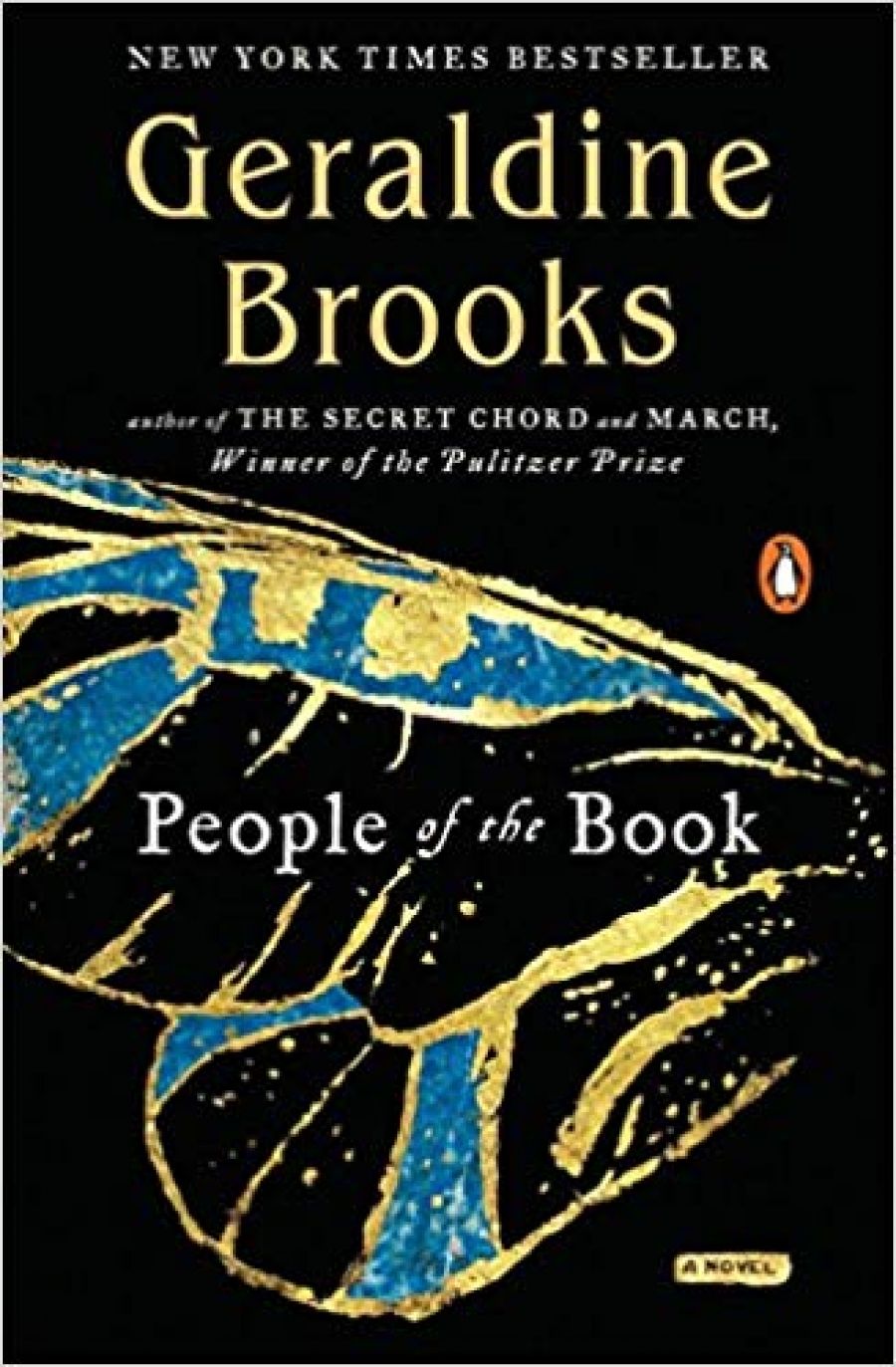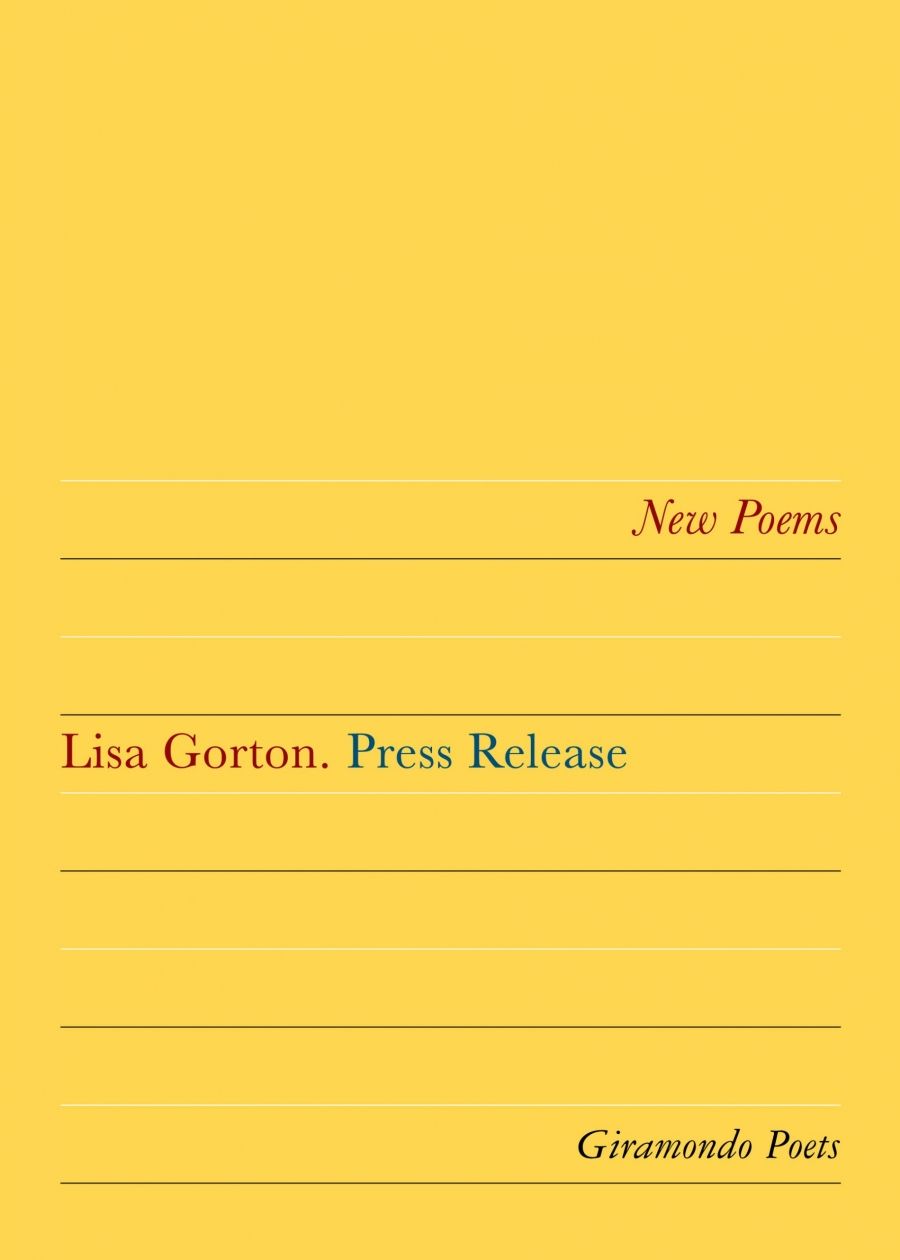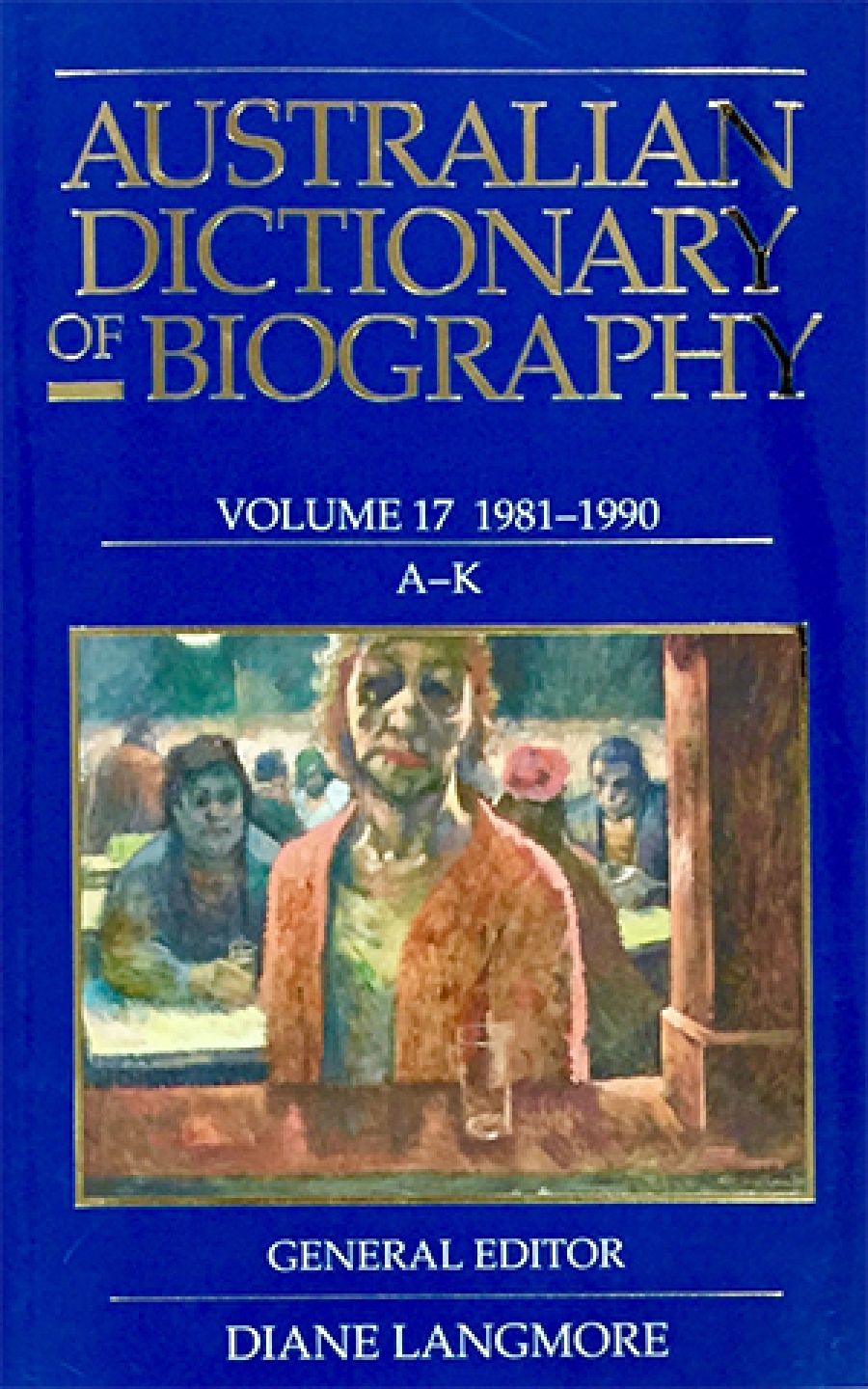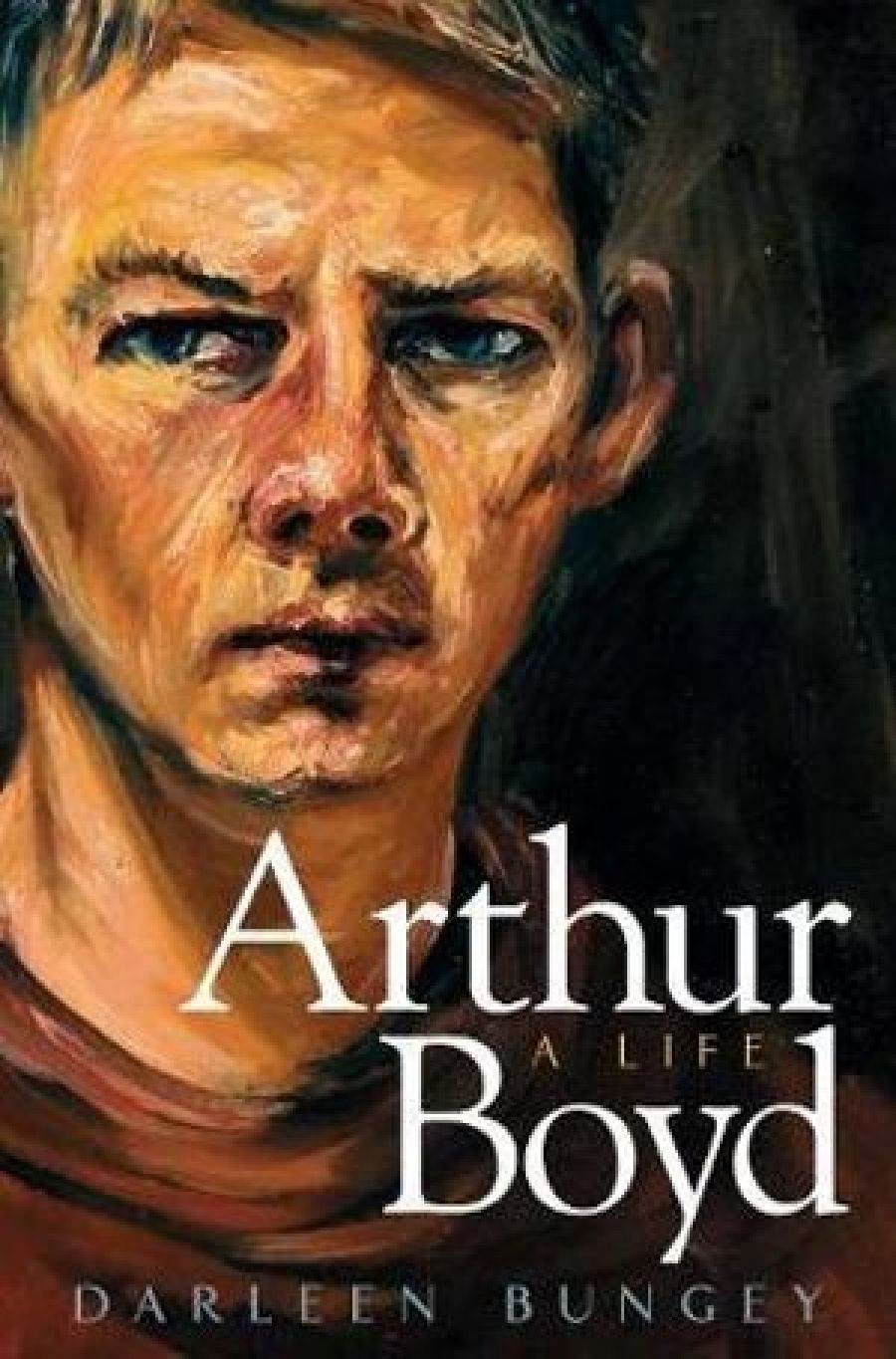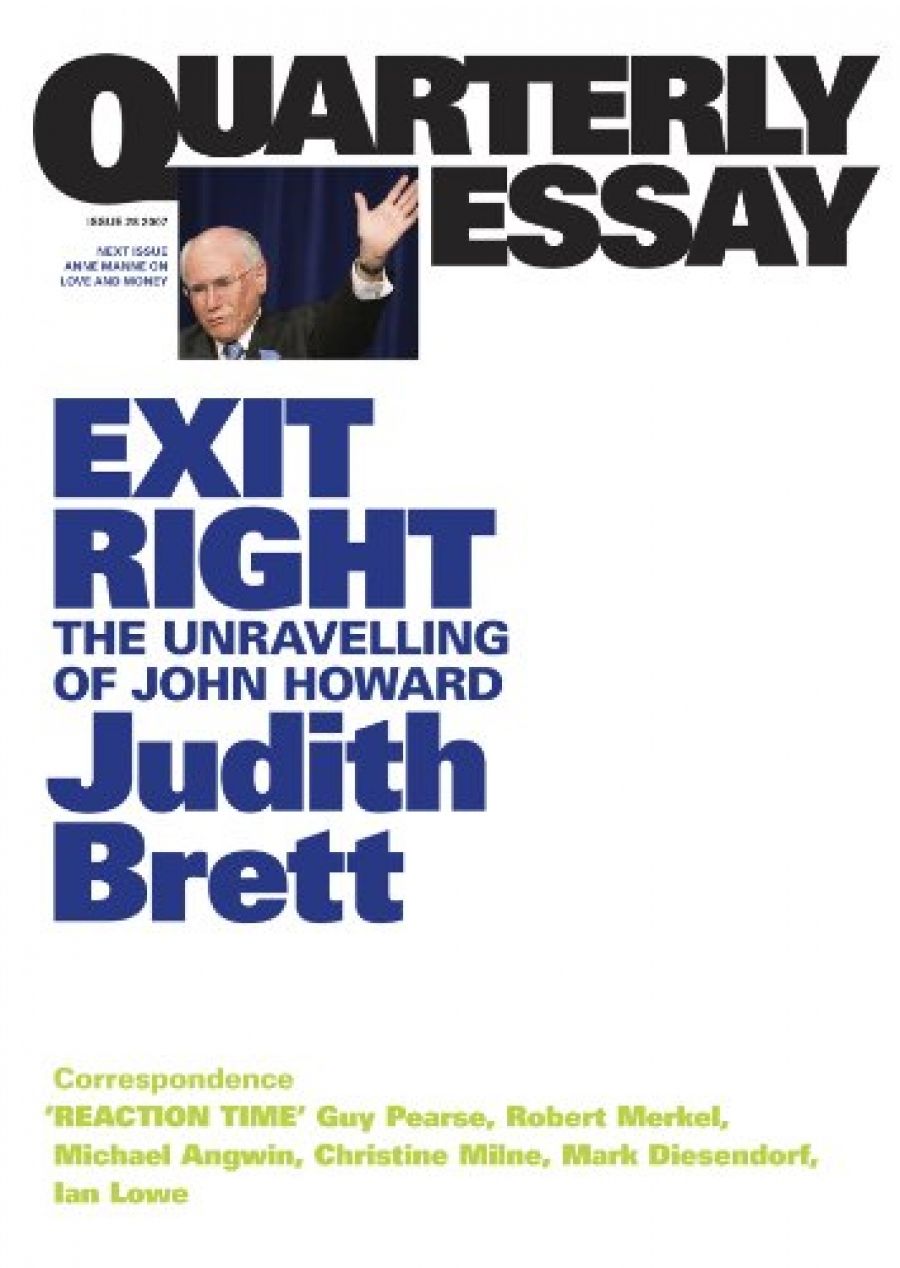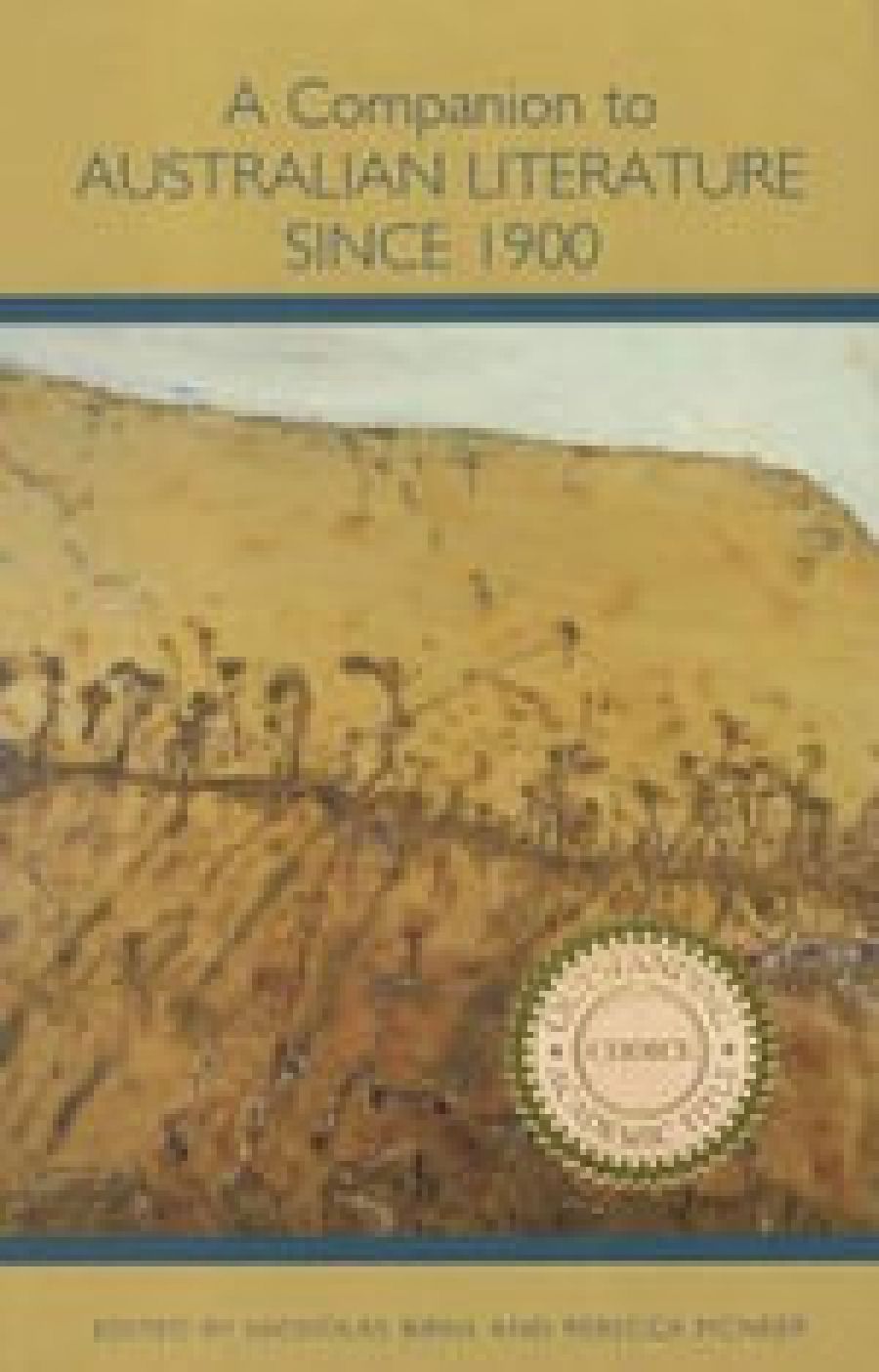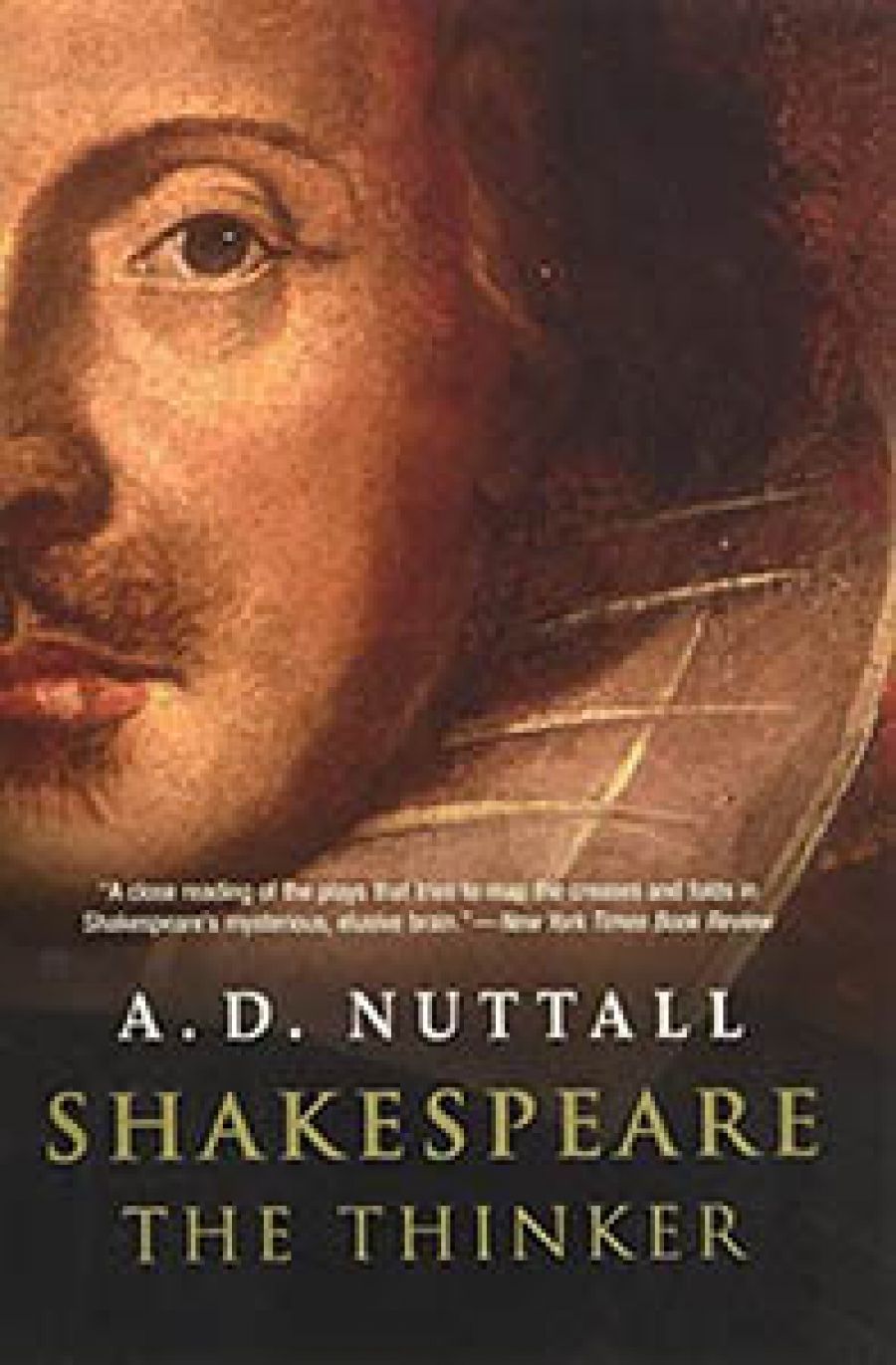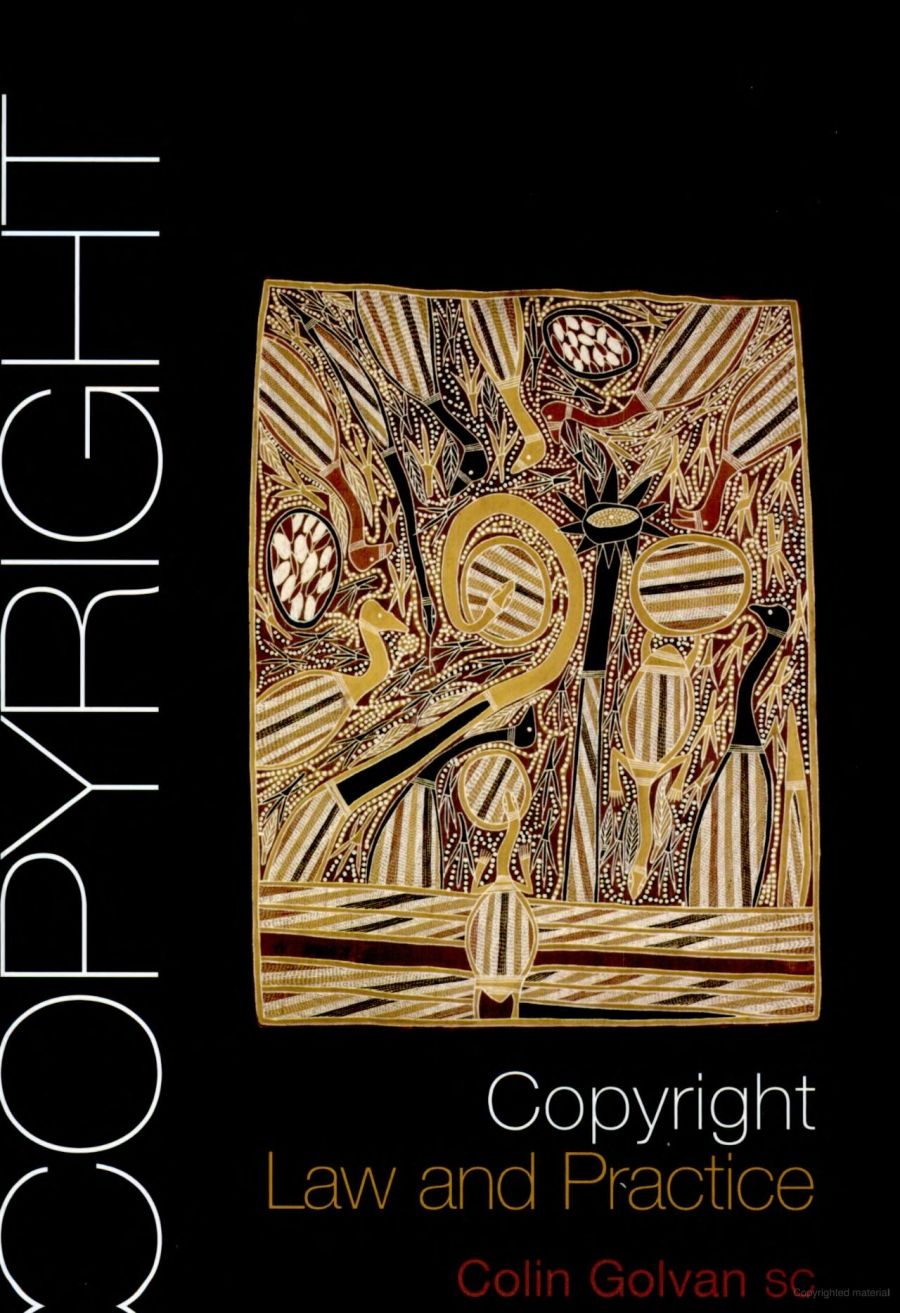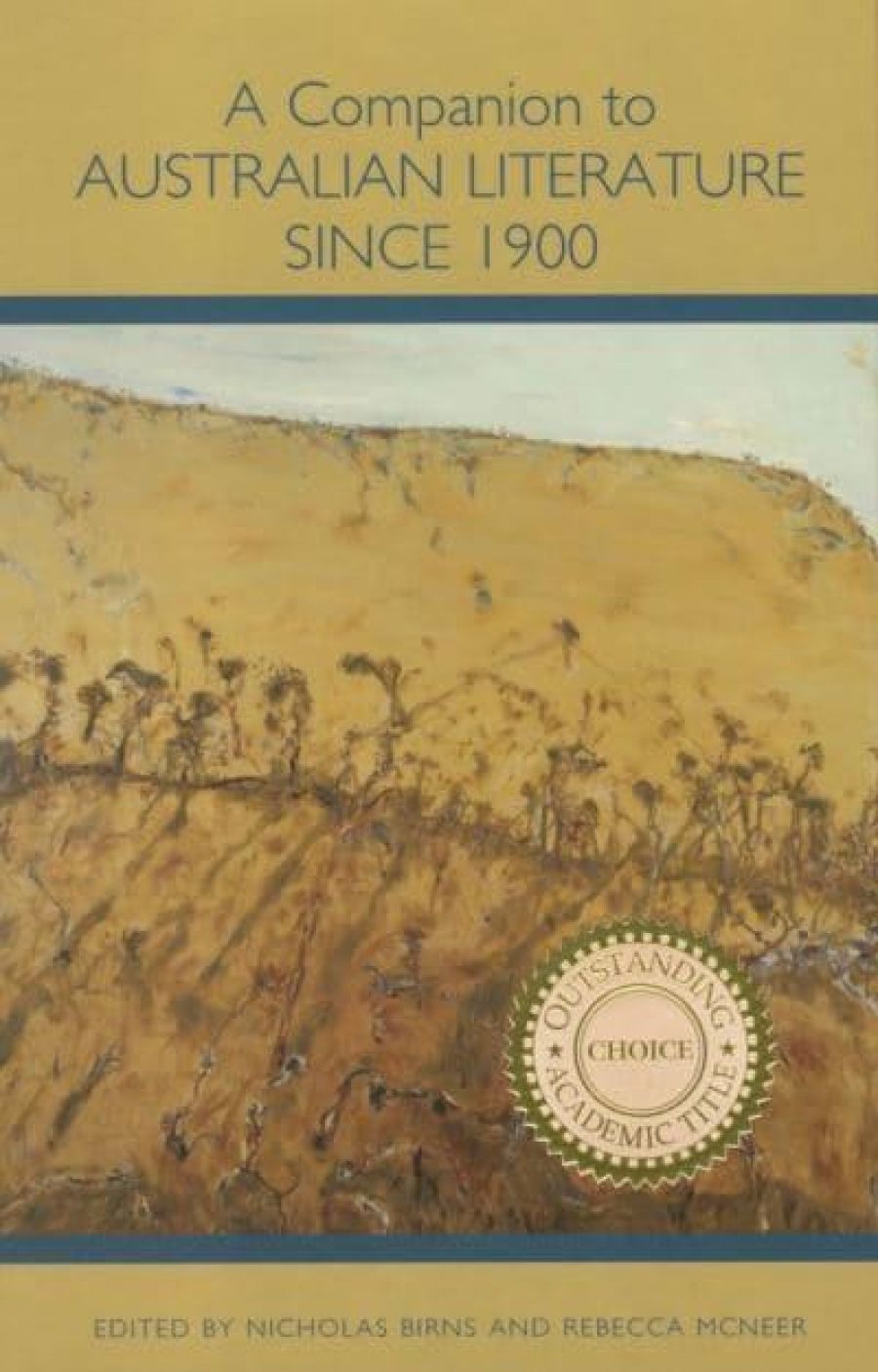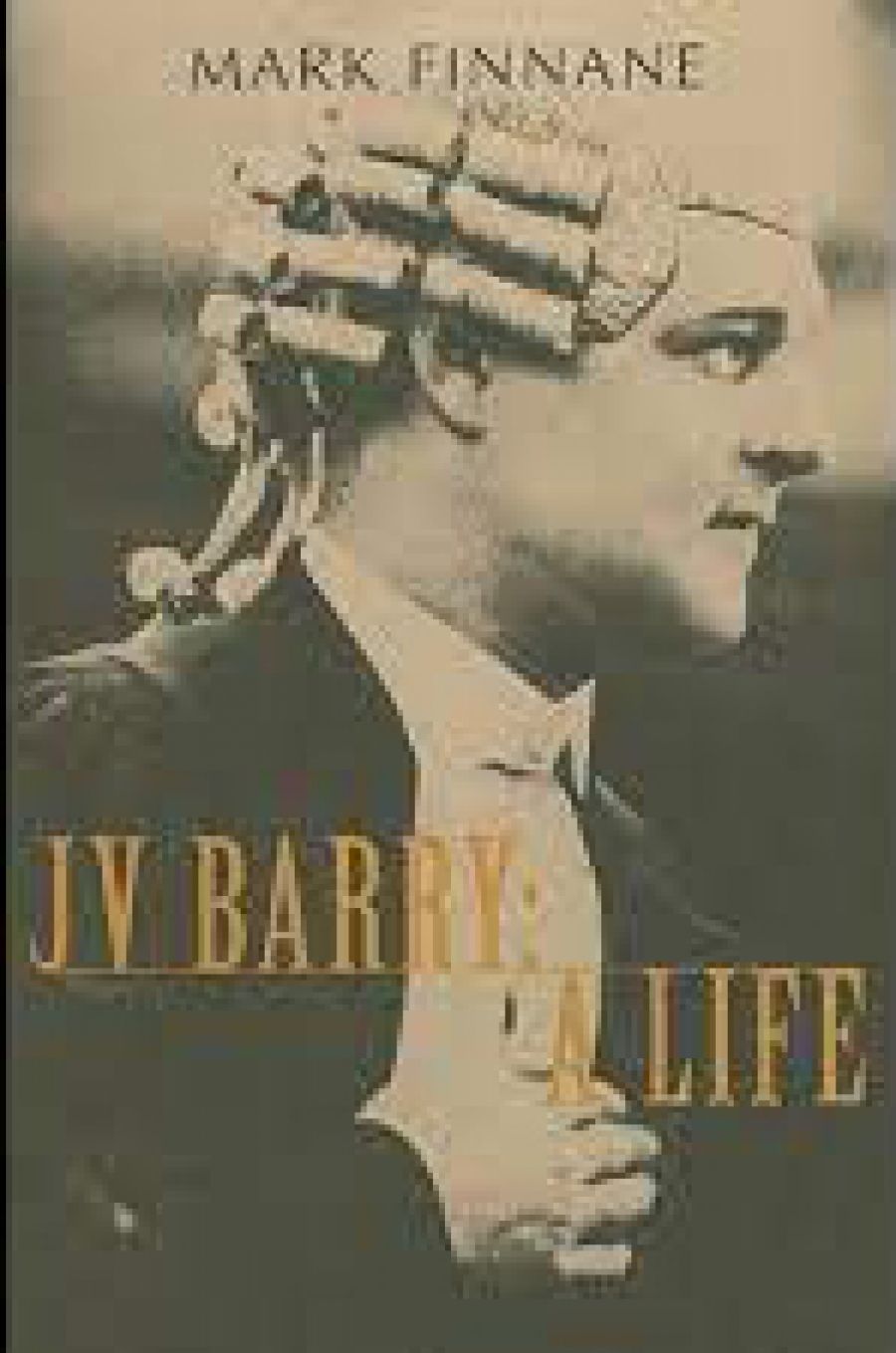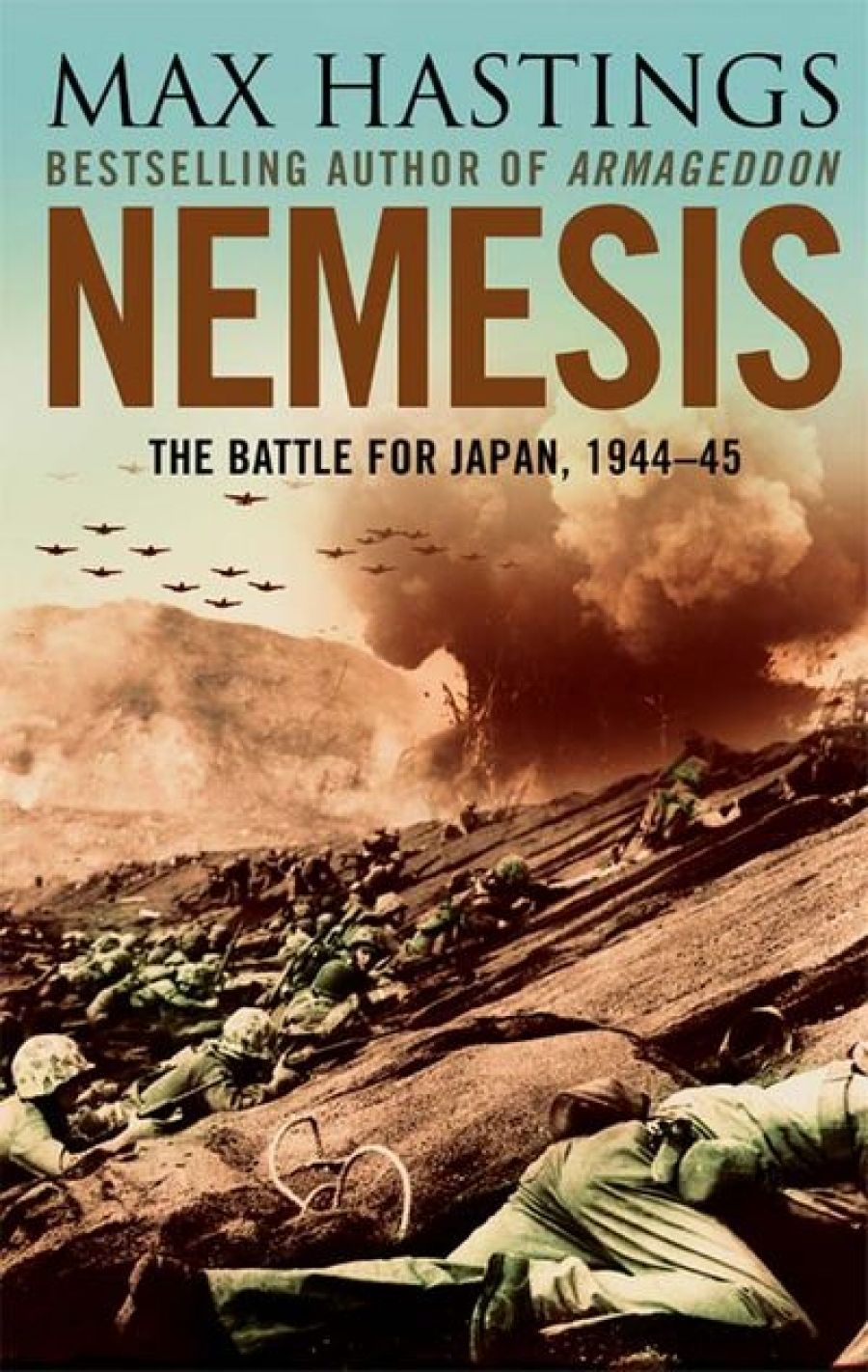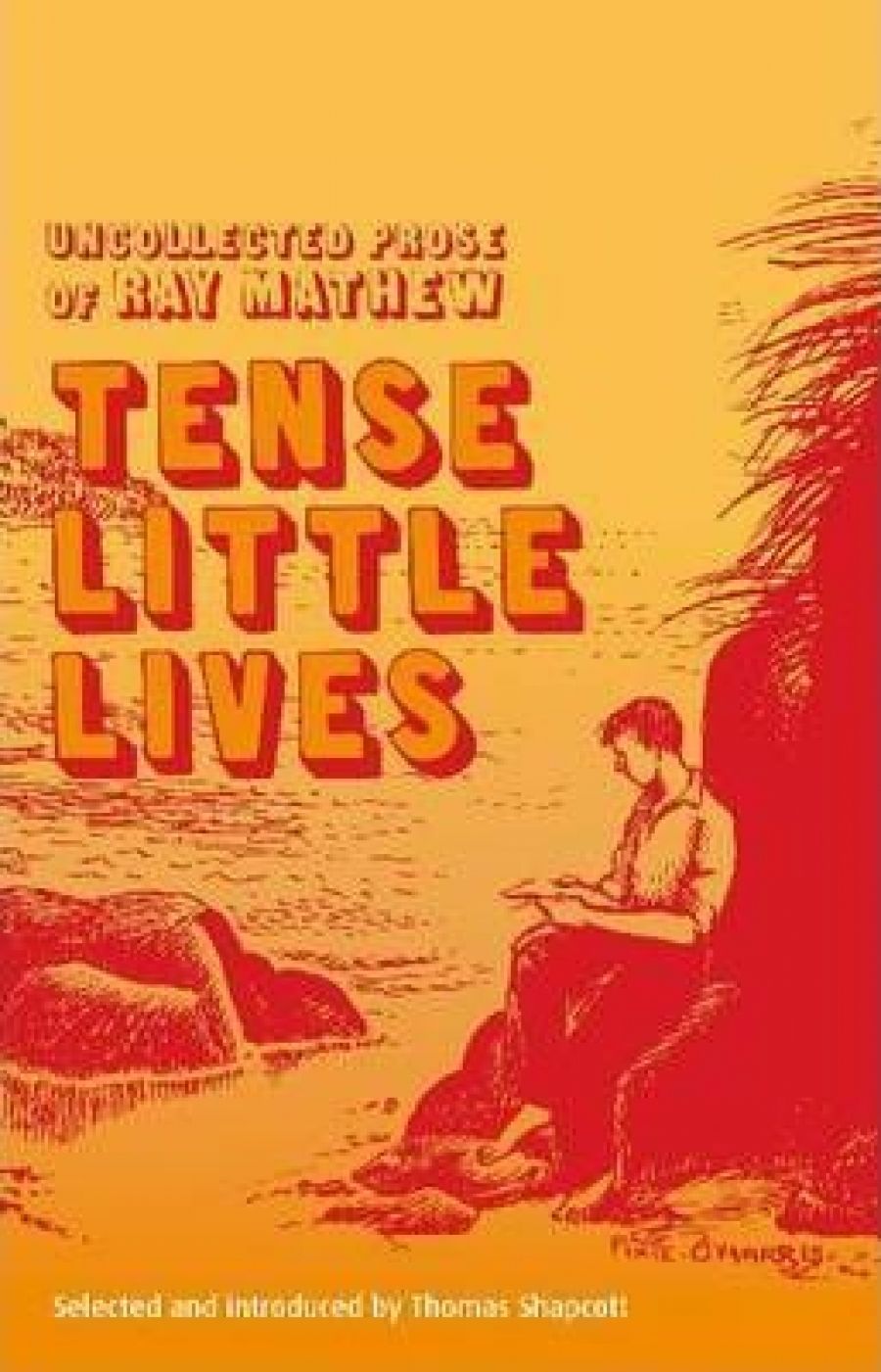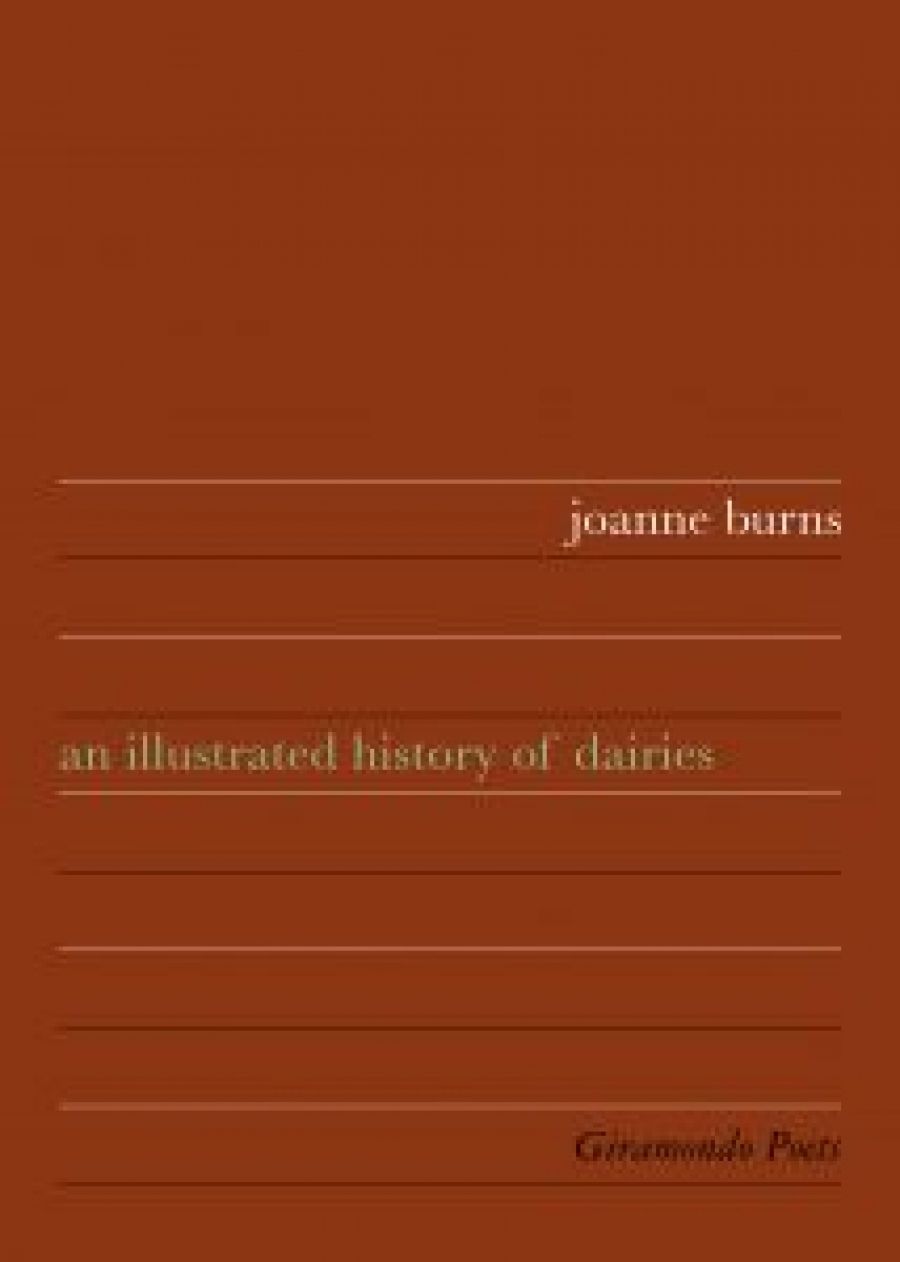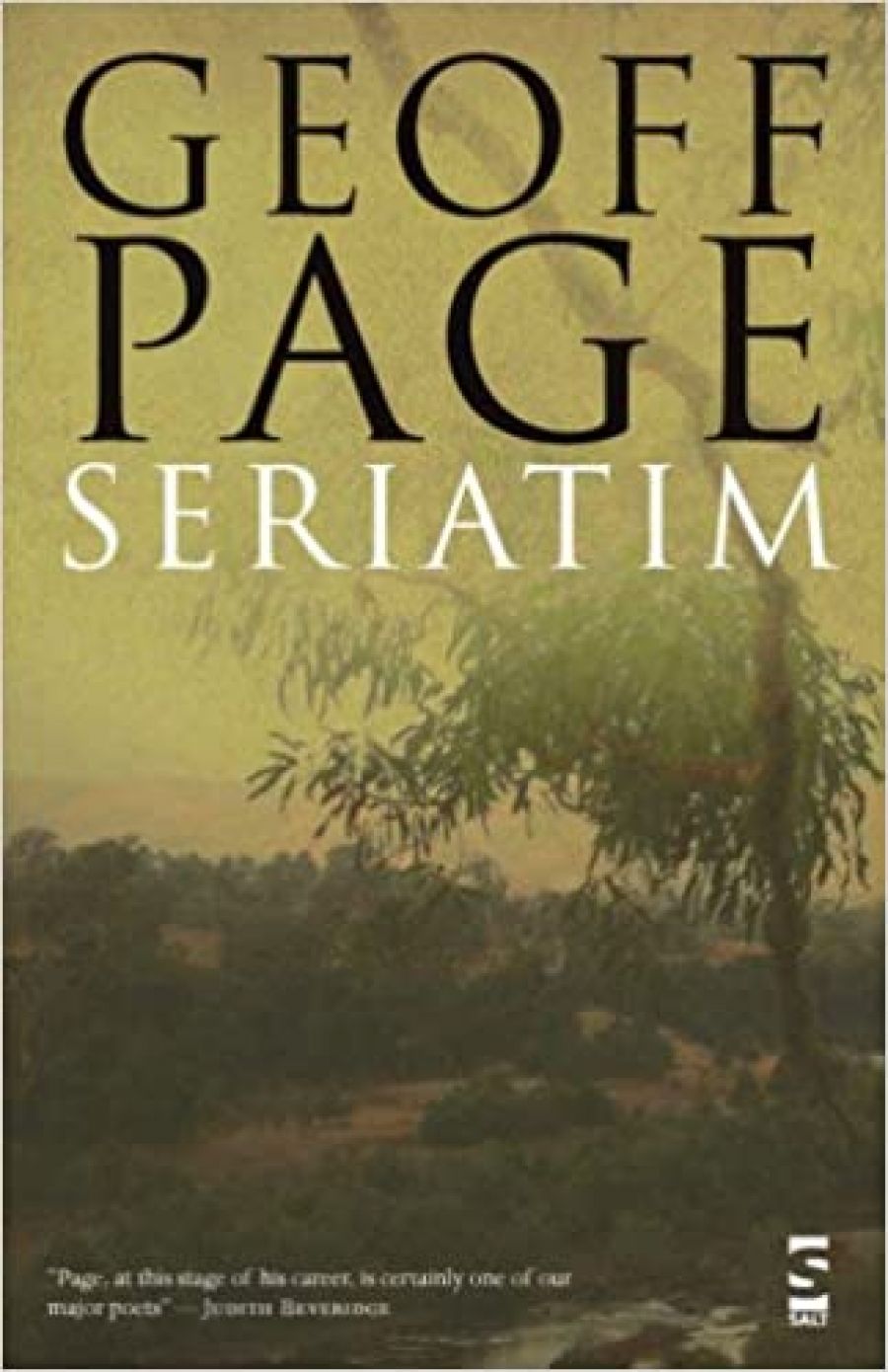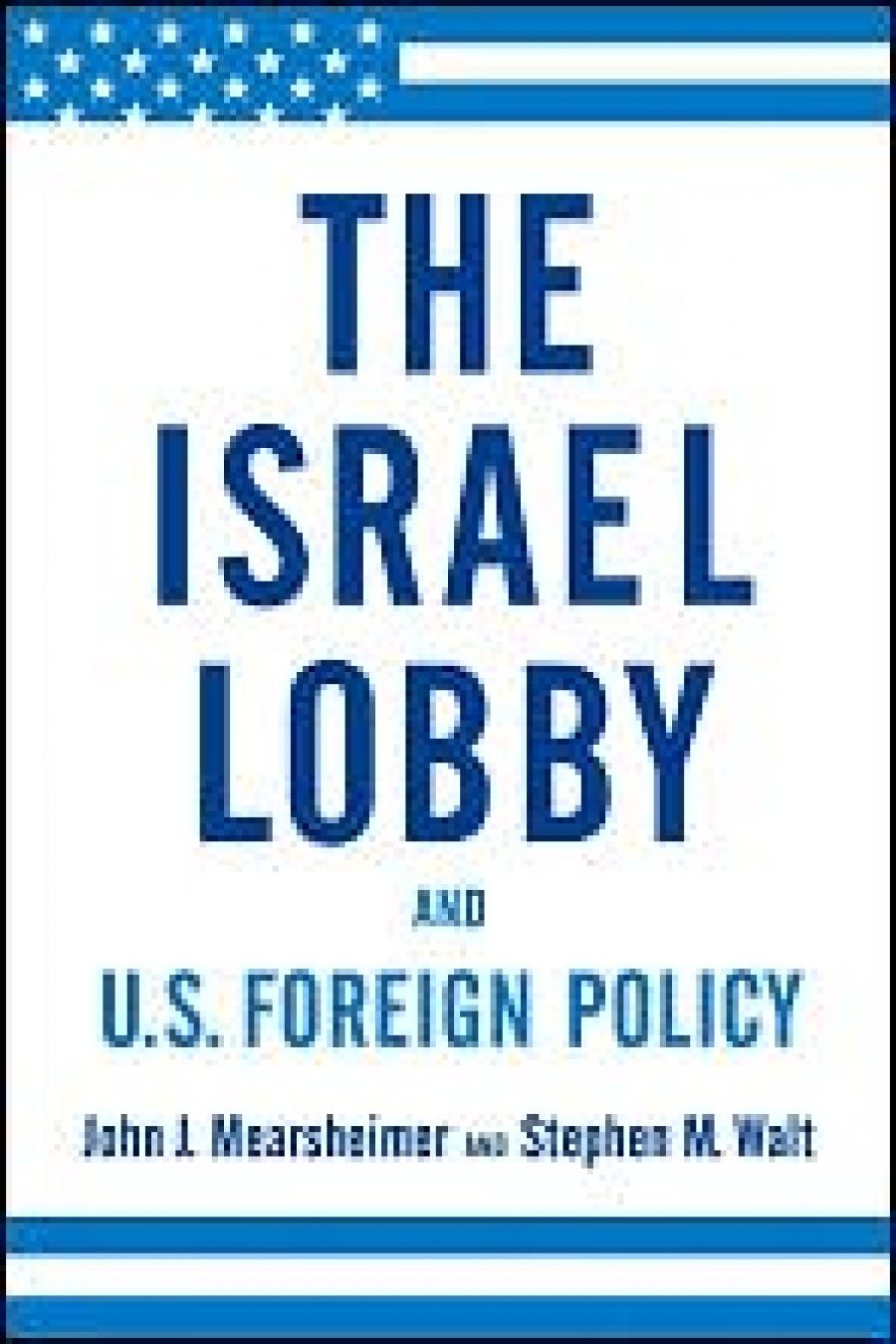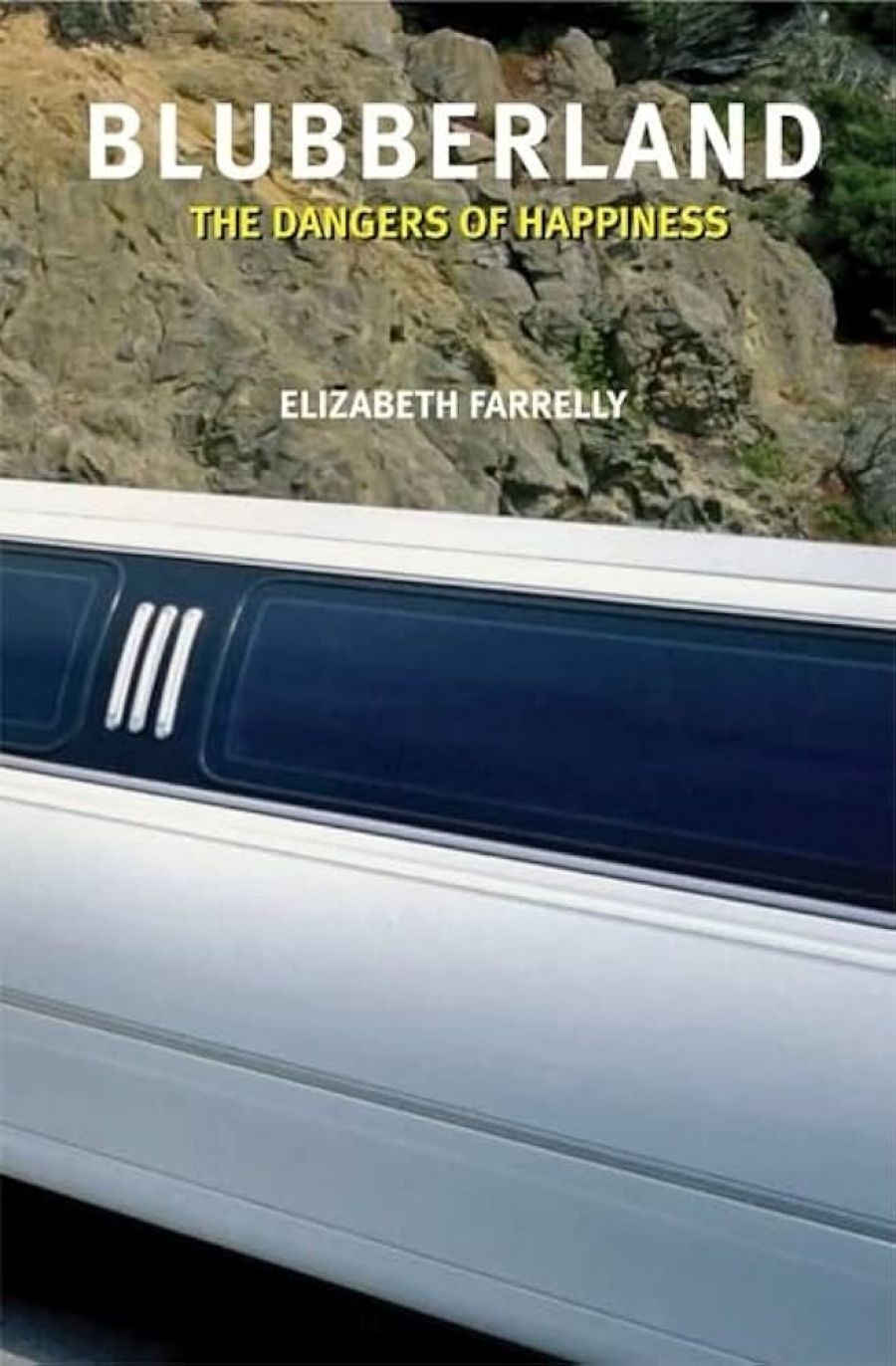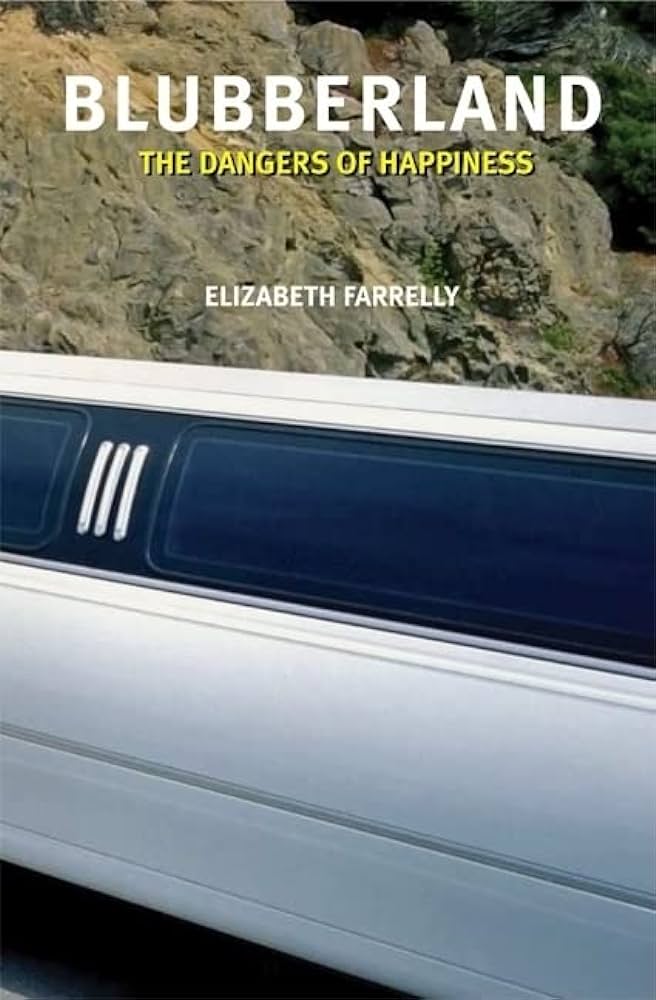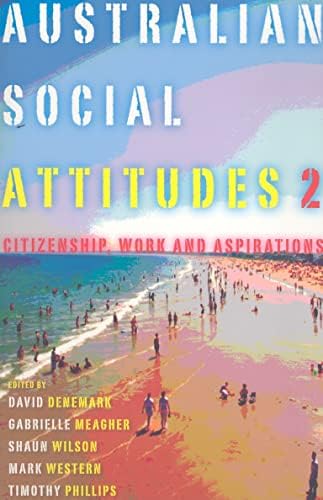- Free Article: Yes
- Contents Category: Calibre Prize
- Review Article: Yes
- Article Title: Reaching One Thousand
- Online Only: No
I have often admired the mystical way of Pythagoras, and the secret magic of numbers.
Sir Thomas Browne, Religio Medici
The real world is not given to us, but put to us by way of a riddle.
Albert Einstein
In the kitchen of my mother’s houses there has always been a wooden stand with a small notepad and a hole for a pencil. I say small because these notepads are tiny, no bigger than a grown man’s palm. The pencils are short and have been sharpened in the same way all these years – with a kitchen knife, not a pencil sharpener – giving them an individual squarish-shaped lead point.
I am looking for paper on which to note down the title of a book I have recommended to my mother. Forty-odd years since my earliest memories of the kitchen pad and pencil, five houses later, on a different continent, the current paper and pencil look the same as they always did. Surely it can’t be the same pencil? The pad, now I look at it, is more modern than those of my childhood; it is lined, and the paper is thicker and creamier. But the grubby wooden stand is definitely the original one, made by my father with the tools that sit in a box in my mother’s shed.
‘I can’t believe you still use these scribbly pencils,’ I say to my mother, walking back into the living room with a sheet of paper and the pencil. ‘Can’t you afford a pen?’ I flinch as I hear impatience or judgement in my voice.
My mother replies a little sharply, ‘It works perfectly well.’
‘Yes, it does. I’m just amazed you still have the same pad and pencil holder after all these years.’
‘Oh yes, I’ve always kept it in the kitchen. I never knew when I might want to make a note of an idea, and I was always in the kitchen in those days.’
Immediately I picture her, hair wild, blue housecoat covered in flour, a wooden spoon in one hand, the pencil in the other, her mouth moving silently. My mother smiles and says, ‘One day I was making shepherd’s pie and I had a marvellous thought, but the stand was empty. One of the children must have taken the paper. I was mincing the lamb and boiling potatoes and watching baby Pauline, so I just grabbed the bread board and wrote it all down on the back. It turned out to be a real breakthrough for solving the problem I was working on.’
This story – which happened before I was born – reminds me how remarkable my mother was, and is. I feel embarrassed that I complain about not having enough child-free time to work. Later, when my mother is in the bathroom, I go into her kitchen and turn over the wooden breadboards (she has three). Sure enough, on the back of the smallest one are some scribbled marks and indentations that I recognise as mathematics. Those symbols have travelled unscathed through fifty years, rooted in the soil of a cheap wooden breadboard, invisible exhibits at every meal.
Why have I never heard this story? Or was I told it before, only to forget?
‘Forty-five, forty-three, forty-one.’
‘Look, Ben, a cat!’
‘That cat lives at number thirty-nine.’
‘Maybe.’
‘Thirty-seven, mystery – number thirty-five on the house.’
Four years ago, Ben and I walked this way almost every day. It was quiet on the streets. It seemed that only Ben loved to visit the dull little park with dirty climbing equipment and wobbly swings.
‘Thirty-three, thirty-one, twenty-nine.’
‘Look Ben! Nasturtiums on the verge.’ They blossomed with abandon, dark red, orange, yellow, cream with pale red stripes. Huge leaves tipped from side to side in the breeze. ‘There are lots of cabbage moths and snails here. If you ever want to find snails, nasturtiums are good for that,’ I explained.
‘What do I do if I find snails?’
‘I don’t know, I just mean if you wanted to look at one.’
‘Why do I want to look at one?’
‘Because they’re interesting. Kids like snails.’
‘Why do kids like snails?’
‘They like to watch them.’
‘Why do they like to watch them?’
‘Never mind, Ben. What’s the next number?’
‘Twenty-seven,’ he sang joyfully. Oh miraculous discovery, another letterbox, another number.
The park: a small oval of grass, a few trees, a basketball hoop, climbing frame, swing, litter, broken water fountain, sun glinting on flowers.
‘Look, Ben – lovely daisies.’
‘How many are there?’
‘Lots.’
‘How many lots?’
‘Oh, I don’t know, hundreds I guess.’
‘I think there are actually eighty hundred and forty daisies.’
‘Maybe.’
He picked one and counted the petals, then handed it to me before trotting to the swing.
‘Can I swing from one hundred to one?’
‘Okay.’
‘One hundred, ninety-nine, ninety-eight …’
Under the swing were woodchips. As I pushed the swing, I saw each chip was a different size and shape. Even the colour varied. My vision narrowed to see details. Like Ben, I could see the difference in sameness.
‘Sixty-six, sixty-five, sixty-four.’
The count went on.
We walked on, home and park, home and park, letterbox after letterbox, the only way to keep Ben happy. Pavements, numbers, flowers, weeds, smells of spring met us as we passed. The world shrank to the pair of us. To the seed pods cracking under our feet, to the blond grass heads haloed in the sun, soft as baby skin. There was no time before now. I had only ever known this – these walks, the pointless looping of feet over earth, days and days, time and again. To dwell within a labyrinth of the mind, of Ben’s mind, always circuiting, never arriving. The absence of shared meaning.
‘There was no time before now. I had only ever known this – these walks, the pointless looping of feet over earth, days and days, time and again’
When we were young, Olivia and I played a game called ‘spot the mathematician’. It started at Heathrow. We were about to fly to Helsinki with our parents to an international mathematical congress, so we knew there would be mathematicians on the plane. As the passengers walked down the gangway, we took it in turns to decide whether they were mathematicians or not.
‘He’s one,’ Liv would whisper. ‘Look at his clothes.’
Then it was my turn. ‘Look, he sat in the wrong seat – must be one!’
Sometimes we were unsure. ‘What do you think, Grace?’ Liv would ask. ‘He kind of looks too neat and moves too fast.’
‘No, he’s not one of ours. He’s got a newspaper under his arm.’
We focused on the men, because we knew that our own mother was only one of a small number of female mathematicians. But occasionally we’d see a woman who looked unusual enough for us to consider her a possible candidate. Experience suggested that normal-looking women weren’t mathematicians, at least not British ones.
We didn’t know much about Finland before we touched down in Helsinki, except that it was the birthplace of Sibelius. At the end of the week’s congress we knew little more, just that Finland was famous for cloudberries. While our parents attended the conference, we went on the ‘wives and children’ tours. We were used to this and usually managed to attach ourselves to some kindly woman who would keep an eye on us and make sure we got lunch. This was what my mother would say to me each morning as she left the motel room: ‘Be good, look after Olivia and make sure you both get a good lunch.’
It was at the congress dinner that Liv and I perfected our maths stereotype. As soon as the food arrived, it seemed that every mathematician made a beeline for the buffet and grabbed all he could. It was the first time all week we had seen them stop talking. From then on, a type of animal hunger was added to our list of mathematical traits.
Overheard, a boy talking to his older sister:
‘Look, there’s that boy Ben from school I told you about. He knows all the times tables and he’s only in year one!’
‘Although my mother was a gifted and successful mathematician, it never crossed my mind that I would follow in her footsteps’
Although my mother was a gifted and successful mathematician, it never crossed my mind that I would follow in her footsteps. From an early age, I had a clear sense that I was in some way fundamentally different from both of my parents and that mathematical ability was one of the key markers of this difference. As a child, I felt as if I was outside an invisibly marked space and was without knowledge of the key that would permit me to enter it. I felt that at least two of my siblings had the ability to slip in and out of this place, because at times they seemed to understand what my parents meant. Of course, I understood the words my parents spoke, but it seemed that the unspoken meanings – what I would now call the subtext of their discourse – was lost on me. As I became older and more critical, I began to realise that my parents weren’t ‘normal’. My difference from them became a matter of being ordinary, not odd. Into my twenties, I naïvely held onto this dichotomy of odd versus ordinary, mathematical versus non-mathematical, and (perhaps without realising it) intelligent (them) versus stupid (me). Even after I moved on from this simplistic view, mathematics still functioned as the symbol of my difference from my parents.
And then I had Ben.
‘You need to deal with his stimming now, before it gets worse.’ The psychologist was young and definite.
I felt angry and wanted to say: don’t tell me what to do. Instead, I said, ‘We don’t use the terms “stimming” or “obsession”. We think of numbers as a strong interest of Ben’s.’
‘Yes, of course,’ she said. ‘But would you say that Ben’s interest in numbers is preventing him from being interested in other things – in people, in learning other games and so on?’
‘He’s not interested in other things, no.’
‘So …’ I could hear a note of triumph in her tone and felt sure she didn’t like me much. ‘Let’s talk about how we can reduce the number obs … interest.’
This was when she explained our options: extinguishment, quarantine or integration. It didn’t seem to strike her that the words themselves made this seem like a punishment. The choices boiled down to: forbid Ben access to numbers (how, I wondered?); limit his access; or turn his interest into something more ‘functional’. The thing was that I agreed with her but couldn’t bear to remove from Ben his life-blood, the only meaningful thing in his life.
‘But numbers aren’t meaningful, are they?’ she said.
Overheard, one sister talking to the other:
‘I know, I do exactly the same. I count the steps of every stairway; I count every slice I make when I cut up a banana; I always notice car number plates and bus numbers. I’ve always done it.’
One of our delights as children was to play with five boxes of buttons my mother kept in her sewing cupboard. They were mostly old chocolate boxes made of tin, with pictures of fluffy cats and idealised dogs on them. Each one was full of buttons that we could tip onto the floor. The five boxes were graduated by size, which corresponded to the size of the buttons inside. The largest box contained the largest buttons, and so on. I liked the smallest box, which was actually a white cardboard box with flowers on it and which still smelt faintly of something sweet and slightly exotic – vanilla perhaps. In this box there was a cute ladybird button, a brass squirrel and several transparent buttons that were curled up into cylinders, as people did with their tongues for fun. These were my favourites. I loved the feel of the buttons running through my fingers when I tipped them from hand to hand or placed them inside their square white home.
It was a surprise to see the button boxes again one day when Ben and I visited my mother. I hadn’t realised that she had kept them.
‘Children love buttons,’ said my mother. She was right; even Ben got interested in them. He was four years old at the time and we were struggling to find anything that would amuse him. He certainly didn’t play like other children. But the buttons were perfect for him because he could lay them out on the rug, grouping them by size or colour and matching any that looked the same. He understood the size distinctions, too. He even made my mother label each box with a number, so that the largest buttons were in box one and the smallest in box five. Strangely, he too liked the transparent tongue-curled buttons best.
I remember that visit well, because after Ben had finished with the buttons, my mother found several other activities for him: smelling each of her perfume bottles, counting and reading the names on her long row of herb and spice jars, placing a single soft toy on each of her wooden steps (this made me nervous because of the gaps between each step and Ben’s soft floppy body), and finally banging away on the piano and learning the name of each note. As my mother and I sat drinking tea to the sound of the piano-bashing, we were both in awe, me of my mother’s ability to amuse Ben, and her of Ben’s intelligence and memory.
‘He can read all those spice jars,’ she said. ‘He even remembered “cardamom” and words like that. Has he seen those at home?’
‘Ah, no.’ The idea of me managing to cook with spices at that stage of my life was laughable.
‘He understands size and categories with the buttons. And he seems quite musical.’
‘Maybe.’
Personally, I didn’t think that hitting random keys of the piano constituted musicality but I guessed that my mother – like me – was still coming to terms with the idea of Ben being autistic. She wanted to focus on his abilities, not his disabilities.
Then my mother said, ‘You know, Grace, you can’t really call Ben handicapped. He just has a very particular genetic inheritance.’
When my parents talked about mathematics, they often stood in the kitchen. Or rather, my mother moved around preparing dinner, and my father bounced up and down on a small square of floor in front of the most useful cupboard. As they talked about quadratic equations or topological vector spaces, my mother would gently push my father to one side so that she could reach inside the cupboard, and after she had closed the cupboard he would hop back in front of it. If he was only mildly excited or interested, he would just do his hop, balancing first on his right foot and then moving the left beside it for a quick step, before moving back to the left again. If the conversation was going well, my father would occasionally tap his forehead with the back of his right hand. When things heated up, he would add a left-handed slap to the back of his head just before the right hand hit the forehead, creating a kind of chain reaction. As the dinner neared preparation, there would be a flurry of activity in that kitchen, my mother stirring pots and lifting things out of the oven (she was feeding seven every night), and my father bouncing and hopping, slapping and tapping. Just when the conversation and the dinner were reaching a head, my mother would dash out into the passage and ring an old cow’s bell she had picked up in Switzerland, and one of us kids would dart into the kitchen, dodging wordlessly between my parents to collect the cutlery to lay the dining-room table. A few minutes later, the bell would go again, signalling time to eat and a temporary end to the mathematical dialogue.
‘There is a game that some parents of autistic children play, where they try to determine from which side of the family the autism has come’
There is a game that some parents of autistic children play, where they try to determine from which side of the family the autism has come. This blame game is an alternative to the vaccination, birth trauma or toxic chemical blame routines. One mother I met told me that she feels guilty because the autism must have come from her family as she has a cousin with autism and her husband doesn’t know of any autistic people in his family.
‘But does it matter? I mean, do you need to know, even if you could?’ I asked her.
‘I feel bad,’ she said. ‘If it wasn’t for me, my husband could have had a normal child.’
Robert and I have never played this game. I didn’t see the need to find or create a ‘reason’ for Ben being who he is. Nonetheless, it’s hard not to notice aspects of my own family’s behaviour that verges on the autistic spectrum. In one of the first books about autism that I read – a book full of depressing statistics and unwelcome generalisations – I saw the sentence: ‘the presence of odd family members … as well as very mathematically bright, but socially awkward relatives, are more frequent in families with an autistic child’ (Seigel). I also distinctly remember reading and telling Robert that of all parental occupations the coupling with the statistically highest likelihood of having a child or grandchild with autism is that of two mathematicians. I remember reading this – even the shape of the print on the page – but now I can’t find the reference anywhere. Did I make it up? Did I need a reason for Ben’s autism after all? Even if I did make it up, now I know that it is roughly accurate, because recent research has shown that mathematicians have a higher rate of autistic spectrum conditions than the general population, and that the fathers and grandfathers of children with autistic conditions are twice as likely to work as scientists, mathematicians and engineers than the parents of non-autistic children (Baron-Cohen et al.).
When I suggested to my sister, Megan, that perhaps our father had a few mild autistic-like traits, she said, ‘No, he wasn’t like that.’
‘Wasn’t he?’ I asked. ‘I always thought him a little unusual.’
‘Oh no,’ she replied, quite upset. ‘I don’t think of him that way.’
I changed the subject. I didn’t say to her that the thought of something of my father travelling through me to my son was a comfort to me, a feeling that Ben is not such an outsider in the world after all.
Ben’s love of numbers is both mystical and pedestrian. It is unrelenting, ever-present. Not a day goes by when Ben doesn’t count or talk about or write down numbers. The literature on autism describes Ben’s love of numbers as ‘a preoccupation with a stereotyped and restricted pattern of interest that is abnormal in intensity and focus’ (DSM IV). Psychologists have described his behaviour as ‘obsessional’, ‘compulsive’ and ‘ritualised’. I prefer to call him ‘passionate’.
‘Ben’s love of numbers is both mystical and pedestrian. It is unrelenting, ever-present. Not a day goes by when Ben doesn’t count or talk about or write down numbers’
What can it mean to have a passion for numbers? Mainly, Ben just loves the physical shape and form of numbers. Whatever size or colour or font or material a number is made of or written in, he dotes on zero to nine, just as I adore every inch of his body, every expression of his face.
This is how Ben’s passion started. Some time before he was two, I stuck on the wall a child’s poster with the numbers one to twenty and illustrations to match. I put it up because it was colourful and the hallway was dingy. I read it to Ben once. He spent a long time looking at it that day, and the next day, and the day after. Then he wanted to ‘hold’ the numbers. So I made some numbers out of coloured pipe cleaners. These became his most treasured possessions. He laid them on the floor one after another, saying the numbers as he did, ‘one, two, three’ and so on up to twenty. Then he started going beyond twenty. When he came to numbers requiring two of the same digit, like twenty-two, he used his hand for the second number. How did he know how to count beyond twenty? This I don’t know. It seemed to be innate. A two-year-old unable to eat with a spoon, uninterested in toys and calling himself ‘you’ instead of ‘I’ was able to count to one hundred and beyond. His face was rapt when he used the pipe cleaners for this purpose. He laid them down with such reverence it was like a form of worship. He was so content I could have gazed at his counting face for hours.
After the pipe cleaners, Ben discovered the joys of birthday cake candles shaped like numbers. But they broke too easily when he played with them, so we found plastic magnetic numbers in the toyshop. He collected hand-written numbers on paper, numbers cut from wrapping paper, golden cardboard numbers, a set of metal numbers from the hardware store intended to be used on letterboxes, numbers for use in the bath, numbers made of play dough, shells that ‘could be a six or upside could be a nine’. And so it went, a cupboard full of sets of numbers, as if collecting the objects were the sole purpose of his life.
Over a period of months, Ben’s interest developed. He began to love numbers in a second way, for what they represented, just as a mother will love best the photographs of her children that remind her of happy times; that numbers on letterboxes tell us the number of the house, the age we are tells who is older than whom, that numbers can represent so many different things – weight, height, currency, size. Clocks, calculators, thermometers and measuring tapes were all added to his collection.
‘He’ll grow out of it,’ my friends told me.
‘He’s so intelligent,’ my family said.
‘Your parents are mathematicians,’ people reminded me. ‘What did you expect?’
What did I expect? We expect many things of our children. Most of the time we are only aware of these expectations when something happens to make it impossible for them to be fulfilled.
Just as Robert and I were thinking that we should start to teach Ben arithmetic, he discovered it for himself. He discovered a third way to enjoy numbers: the way they work. That one plus one equals two and then two plus one equals three made sense to him. He began to do strange feats of simple arithmetic. He spent hours adding numbers in his head. ‘Two plus two is four; four plus four is eight; forty-four plus forty-four is eighty-eight.’
Soon after that, I would hear him reciting the times tables to himself in bed at six in the morning, starting with ‘one two is two’ and ending with ‘twelve twelves are one hundred and forty-four’, complete with the intonation and accent from Don Spencer’s musical times tables tape which I had foolishly played to him once. This may have led him to a fourth way of loving numbers – as an ordering principle. Numbers are predictable and controllable and they never end. He realises you can count forever.
‘Numbers are predictable and controllable and they never end. He realises you can count forever.’
At several points in my schooling I began to fail maths tests. At first I kept it a secret, but after a while my mother magically knew I was struggling. I don’t know if she recognised my failing-maths-shame or if my teachers or one of my sisters told her. At any rate, she would choose a time when we were alone together (a fairly rare occurrence in my family) and ask me how I was going with my maths and was there anything I wanted to tell her. I soon realised that this was the cue to get my maths book and show her my latest test results. She would then put aside some time to work with me on my homework.
‘It’s just a matter of understanding it,’ she would say. ‘Once I explain it and you concentrate, it’ll be easy.’
In this way, my mother was an optimist. She was an optimist through long division, the change over to decimal currency, geometry and the angle of the hypotenuse, introduction to algebra and, finally, logarithms. She was an optimist, but frustrated.
‘For goodness sake, Grace, you’re just not trying!’ she would say in exasperation. She couldn’t understand how I could appear to take in what she was telling me and answer a couple of problems correctly but then show no ability to apply this knowledge to other similar problems. Nor could she believe that I would forget information within half an hour of her giving it to me, so that every maths session seemed completely new and newly difficult.
We struggled on, both hating it and counting the days until I finished school and would never have to open another maths text. When my school Leaving exam results came out, I was amazed to find I had scored a B in maths. I was bracing myself for a fail or, at best, a C. My mother, however, was disappointed, saying, ‘You could have done much better if you’d made up your mind to make the effort.’ I looked at her in astonishment; all these years and she still hadn’t realised – I didn’t understand a single thing. I had just learned how to move rows of incomprehensible numbers and letters from my head into the right spaces on the page. It was like walking through an unknown landscape covered in a thick, suffocating fog. If I stumbled upon my destination, that was pure chance. My mother’s tutorials over the years simply acted like a wayward breeze, shifting the fog just for a moment before it settled back down for life.
Robert and I finally agreed to ‘quarantine’ Ben’s numbers. But instead of limiting him to using them once a day, we did the reverse: he was not allowed to talk about numbers at dinner.
‘Why can’t I talk about numbers at dinner?’ Ben asked yet again.
‘Remember, we talked about it. Not everyone finds numbers as interesting as you do.’
‘Why not?’
I didn’t really know how to answer that one.
‘Let’s talk about our day,’ suggested Robert. ‘What did you two do after kindy this afternoon?’
‘We went to the park, didn’t we, Ben?’ I said.
‘Yes. First we passed number forty-one, then we passed number thirty-nine …’ started Ben.
‘Stop!’ I said, rather loudly, holding up the palm of my hand. ‘No numbers.’
Robert put his hand over his mouth.
‘I know what else happened,’ I added hurriedly, ‘Auntie Liv rang, didn’t she Ben?’
‘Yes.’
‘Ben talked to her for a bit, didn’t you, Ben?’
‘How old is Auntie Liv?’ asked Ben.
‘Ben, you know she’s thirty-nine,’ I replied.
‘Mum is forty-one. Daddy is fifty-five. Auntie Liv is thirty-nine. Granny is …’
‘Ben – enough! No numbers at dinner.’
Ben put on his hurt face. ‘I don’t want any more’.
‘Finish your dinner please.’
‘No, I don’t want to.’
‘You need to eat proper food. Just have four more spoonfuls of rice and then you can get down,’ I said.
‘One, two, three, four,’ he chanted, stuffing them all in his mouth at once and then looking like a cartoon character, cheeks so bunched up he couldn’t chew.
‘That went well,’ said Robert in his dry way. I started to laugh. Ben watched me for a bit and then opened his mouth so that all the rice came spurting out onto the table top. He jumped off his chair and ran into his bedroom shouting, ‘One, two, three, four. One, two, three, four.’
Robert peered at the bits of rice in his red wine and drank it. ‘He’s a clever little fellow, isn’t he?’ he said proudly.
Overheard, Ben to his teacher:
‘Actually, you are wrong: today is the sixteenth, not the fifteenth.’
I wanted to understand why Ben was so obsessed with numbers. Our paediatrician said that obsessions like this were just part of the condition of autism and that it was probably a way for Ben to create order and structure in his life. This sounded vague to me, so I did some more of my (obsessive?) reading about autism. Several months and about twenty books later, I decided that the paediatrician had done a fairly good summary of the situation.
‘I wanted to understand why Ben was so obsessed with numbers’
‘I should hope so,’ said Robert. ‘That’s why we pay so much to see him.’
But it seems to me that researchers don’t really know why people with autism fixate on particular obsessions, only that they will have at least one area of obsessive repetition, whether it is flapping their hands, touching the corners of doors, learning all there is to know about trains or insects, memorising phone books or simply running sand through their hands all day. It is partly a retreat to the concrete because it is so difficult for someone with autism to understand other people and abstract ideas. Repetition is also a way of regulating sensory stimulation. Basically, it’s a way of dealing with sensory overload and high anxiety. The repetition helps calm and regulate.
It has also been suggested that people with autism focus on small details because of a failure to be able to see ‘the big picture’, to integrate things and make sense of the world. Their ability to shift attention is also impaired – it’s hard to move on from one thing to the next, hence the desire for sameness.
The most recent theory about autism is that it is an extreme form of the ‘male’ or systematising brain (Baron-Cohen). Our brains are made to understand systems and how physical objects work, but some people have an extreme ability to understand ‘folk physics’. This comes at a cost: their ability to understand people may be limited.
But why numbers? Numbers are a common interest for people with autism. I wanted to know if there is a reason for this.
‘Why do you need a reason?’ asked Robert. ‘Why can’t you accept Ben as he is?’
‘I do accept him. I just want to understand.’
‘What’s to understand, Grace? He likes numbers.’
Overheard, my mother talking to my brother:
‘Today is a very special day for me. Today, Olivia is exactly half my age.’
‘She has been all year, hasn’t she? Or, do you mean half your age to the day?’
‘Of course! It wouldn’t mean anything otherwise.’
Ben’s world, like that of most people with autism, is full of confusion, uncertainty and unpredictability. This is partly because of his difficulty in understanding other people and partly because he experiences every object, every person, every thought as a separate unique event, with no necessary or logical connection to any other event. What is it like to see each tree as an individual as different from another tree as it is from a car, a dog or a man? In a way, it is a vision of total equality. All things are equal; no one, nothing is elevated. All sense of meaning fails because how can we create meaning without metaphor, categories and hierarchies? Without taxonomy we have chaos; just unmediated, inexplicable experience. The world presses upon us. Our own bodies press upon us. There is no sense to be made of sensation. This is Ben’s world – one of experience and perceptions without order, definition or explanation. Could this be anything other than frightening?
‘Ben’s world, like that of most people with autism, is full of confusion, uncertainty and unpredictability’
It is impossibly hard for a non-autistic person to see, hear and feel the world in the way an autistic person might. Even listening to someone with autism is not enough, because the shared language is always our language, the words and concepts and structures of the non-autistic world. Is there a ‘language’ of autism, a language for undifferentiated experience?
How can one survive in such a world? You would have to escape, to shut down. Or you could create a structure to manage it all. For Ben, numbers are true to the etymology of the word integer: ‘whole, entire; marked by moral integrity’ (OED).
Did Ben choose numbers or is it simply that numbers (arithmetic and geometry) form one of the basic underpinning concepts of nature? Spiders spin webs in logarithmic progression. Shells grow in the same proportion. The structure of a snowflake is fractal. Many plants grow according to the Fibonacci series of numbers. Our bodies, our landscape, our architecture, our music are all structured according to mathematical principles. Evidence for the development of the human capacity for counting goes back more than thirty thousand years to signs of tallying on bone and on the walls of upper Palaeolithic caves (Butterworth). In missing the big picture, Ben has perhaps been able to see and appreciate what Szatmari calls ‘the intimate architecture of the world’.
Overheard, Robert talking to Ben:
‘Look, Ben, here is the value of phi – you remember, that’s Greek and it’s the same as the golden mean.’
‘Why is it mean?’
‘No, not mean like horrid. It’s a maths word – the golden ratio. I’ll show you in this book. Look at this. All about Pythagoras.’
Daniel Tammet is a young man with Asperger’s Syndrome who is also a savant with extraordinary mathematical and linguistic skills. He has written a book about his life and says this about numbers:
There are moments, as I’m falling into sleep at night, that my mind fills suddenly with bright light and all I can see are numbers – hundreds, thousands of them – swimming rapidly over my eyes. The experience is beautiful and soothing to me. Some nights, when I’m having difficulty falling asleep, I imagine myself walking around my numerical landscapes. Then I feel safe and happy. I never feel lost, because the prime number shapes act as signposts.
I love this passage because it gives me some sense of how Ben might feel about numbers. Since Tammet has synaesthesia (a neurological condition in which the senses are mixed), his vision of numbers is extremely unusual, much more colourful and textured than most people’s. But perhaps Ben also has reassuring visions of numbers. When I asked him if he sees numbers inside his head, he went to stand in front of the mirror and said, ‘Where are they? I can’t see them.’
Ben’s latest interest is prime numbers. He understands that prime numbers are not divisible by any numbers other than one and themselves and that they occur irregularly. He will often interrupt an activity with a comment or question to me such as, ‘Mum, is eight hundred and sixty-three a prime number?’ or ‘Mum, that house is one hundred and seventy-nine; it’s a prime number’.
He has also made up his own series of numbers, which he has named ‘sweb’ numbers. I have yet to discover the clue to this series; they appear to be random and varying. Is it a random series of numbers that Ben believes have some continuity, or just a list of numbers that he likes? Or is it a random series that he knows to be random and is just using for interest (or as a joke)? Last week, when I went to collect Ben from Megan’s house, I found her husband sitting at his computer.
‘Ah, Grace,’ he said. ‘You can tell us how to spell sweb. Is it German or something?’
‘Um … did you ask Ben?’
‘He won’t say. But I’m trying to find out about these sweb numbers and there doesn’t seem to be anything on the Net. If you look up Fibonacci or the primes, there are heaps of sites.’
It was only at this point that I realised that he wondered if sweb numbers were a genuine mathematical curiosity, not just some game of Ben’s. That night I told my mother the story of how Megan and her husband were kind enough to look on the Net for sweb numbers.
‘Sweb numbers,’ she said, a little hesitantly. ‘Should I know about those?’
‘Of course not. Ben just made them up. That’s the point.’
‘Oh, I see.’ But I could tell she didn’t see.
‘Am I the only person who finds this funny?’ I asked Robert, somewhat rhetorically. ‘What’s the matter with my family – can’t they see it’s a bit odd to take a seven-year-old’s word on maths?’
Robert just smiled his tolerant-with-Grace smile.
I wake to the sounds of objects being moved around in Ben’s room: the dragging of his rug across the wooden floor, the soft crush of a beanbag hitting something hard, and then a loud crash, as if a box of toys has tipped over.
‘Ben, what are you doing?’ I call out, not wanting to get up yet. He comes into my room, a worried look on his face.
‘Are you cross?’
‘No, darling. I just want to know what you’re up to.’
‘I’m making space in my room.’
‘Oh. For what?’
‘I’m going to have a thousand things in my room. I need more space.’
‘One thousand!’ I sit up in bed and put on my glasses.
‘Am I allowed to?’ he asks anxiously.
‘Yes, I guess so.’ I’m a bit hesitant. ‘But isn’t a thousand an awful lot of things? I mean, is there space? Do we have a thousand things? Could you even keep count?’
His face clears. ‘It’s okay,’ he says happily, ‘I’m going to have ten rows of one hundred things. That will make a thousand, won’t it?’ And off he goes, back to his arrangements.
Two hours later, when we have to leave for school, Ben has finished his first row of one hundred objects, consisting of thirty-two marbles, fifteen Thomas the Tank engines, twenty-two coloured pencils, a stack of CDs (eighteen), a packet of tea bags (ten) and three odd socks.
‘Goodness me!’ I say. ‘What a lot of work you’ve done.’
‘But I’ve only done one row,’ says Ben. ‘Do we really have to go now?’
‘Yes, we really have to go now. You can come back to this after school. If you still want to, that is. You might decide that a hundred is enough after all.’
‘I might,’ says Ben. ‘But I might still want to reach one thousand!’
Works Cited
American Psychiatric Association, Diagnostic and Statistical Manual of Mental Disorders DSM IV, Fourth Edition, APA, 1994.
Baron-Cohen, Simon, The Essential Difference: Men, Women and the Extreme Male Brain, Penguin Books, 2004.
Baron-Cohen, Simon, et al., ‘Autism occurs more often in families of physicists, engineers and mathe-maticians’, Autism, 2, 1998, pp 296–301.
Butterworth, Brian, What Counts: How Every Brain is Hardwired for Math, Simon & Schuster, 1999.
Oxford Dictionary of English, OUP, 2005.
Seigel, Bryna, The World of the Autistic Child, OUP, 1996.
Szatmari, Peter, A Mind Apart: Understanding Children with Autism and Asperger Syndrome, Guildford Press, 2004.
Tammet, Daniel, Born on a Blue Day: A Memoir of Asperger’s and an Extraordinary Mind, Hodder & Stoughton, 2006.
People’s names have been changed in this essay to protect their privacy. This essay was later revised and became a chapter in Rachel Robertson's book of the same name, Reaching One Thousand: A Story of Love, Motherhood and Autism, published by Black Inc. in 2012.



